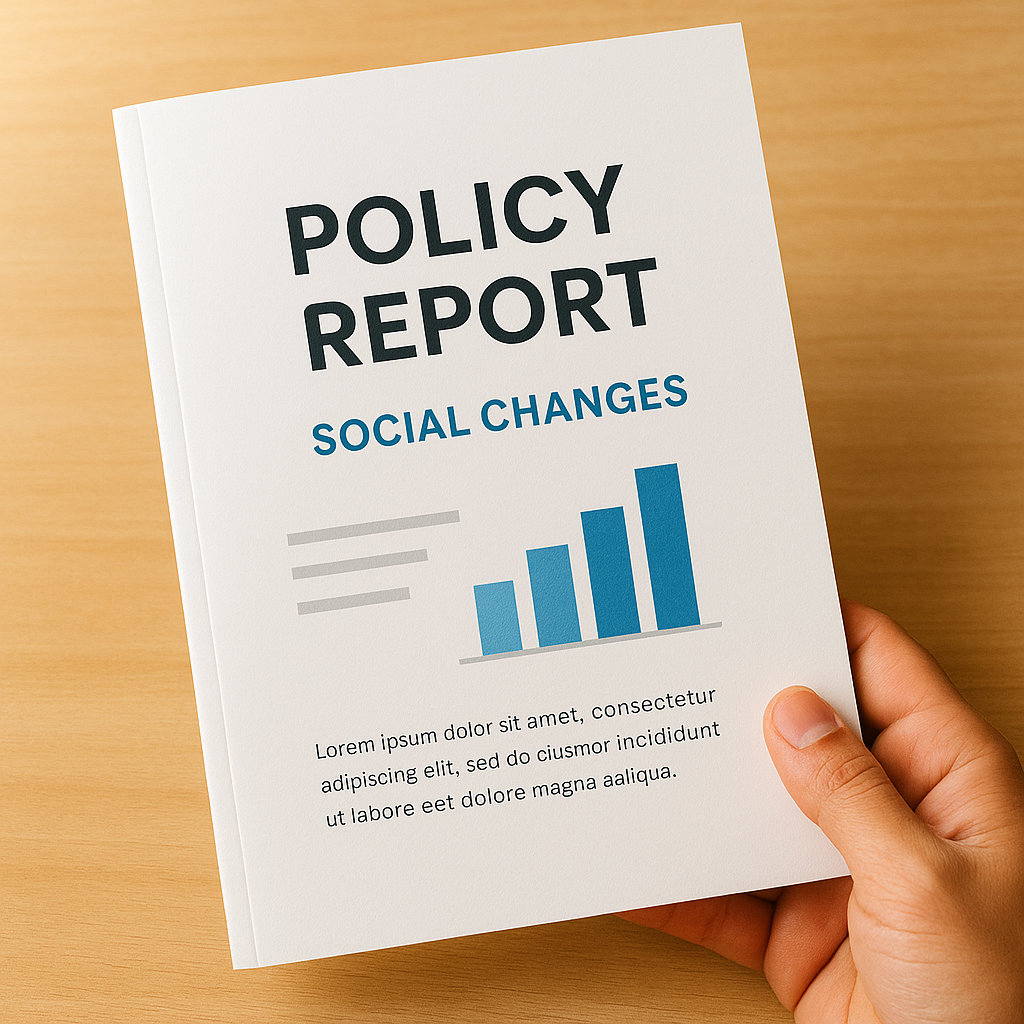Mental health has become a cornerstone of both public health and workplace health discourse in Europe. Yet, despite growing awareness, Central European countries still show fragmented and inconsistent responses when it comes to work-related mental health.
Our analysis of the legal framework of work-related mental disorders across Croatia, Hungary, Germany, Italy, Poland, Slovakia, and Slovenia highlights several key findings:
🔹 EU LEVEL FRAMEWORK:
The EU Directive 89/391/EEC (on measures to improve the safety and health of workers at work) remains the main legal basis, requiring all Member States to implement and enforce workplace safety measures — including mental health. In addition, EU social dialogue has produced framework agreements on telework, work-related stress, harassment, and digitalisation.
➡️ However, national implementation differs significantly.
🔹 COUNTRY-LEVEL DISPARITIES:
📢 Germany & Italy: more advanced and comprehensive approaches to psychosocial risks. Mental health issues are more explicitly addressed, but recognition as occupational diseases often requires strict proof of work-related causation.
📢 Croatia & Slovenia: legislation primarily addresses workplace stress, with broader mental health conditions only vaguely defined or lacking categorisation.
📢 Poland & Slovakia: very limited or indirect provisions for workplace mental health, with legislation focusing more on general occupational health and safety.
🔹 THE GAP BETWEEN AWARENESS AND IMPLEMENTATION:
Although mental health is increasingly recognised in policy discussions, institutional coordination, legal clarity, and resource allocation remain insufficient. The Current state of the art creates uneven protection for employees and challenges for employers across CE countries.
🔹 THE BROADER PICTURE:
Across Europe, there is no unified concept of mental health and psychosocial risks in the workplace. Without stronger alignment, fragmentation will continue to limit the effectiveness of national policies and prevent real progress in protecting workers’ mental well-being.
👉 KEY MESSAGE FROM OUR PROJECT ANALYSIS: Mental health must achieve the same legal weight as physical health in occupational frameworks. Strengthening alignment at the EU level, while ensuring consistent national implementation, is crucial for creating workplaces that not only safeguard productivity but also promote the dignity and well-being of workers.
Our analysis of the legal framework of work-related mental disorders across Croatia, Hungary, Germany, Italy, Poland, Slovakia, and Slovenia highlights several key findings:
🔹 EU LEVEL FRAMEWORK:
The EU Directive 89/391/EEC (on measures to improve the safety and health of workers at work) remains the main legal basis, requiring all Member States to implement and enforce workplace safety measures — including mental health. In addition, EU social dialogue has produced framework agreements on telework, work-related stress, harassment, and digitalisation.
➡️ However, national implementation differs significantly.
🔹 COUNTRY-LEVEL DISPARITIES:
📢 Germany & Italy: more advanced and comprehensive approaches to psychosocial risks. Mental health issues are more explicitly addressed, but recognition as occupational diseases often requires strict proof of work-related causation.
📢 Croatia & Slovenia: legislation primarily addresses workplace stress, with broader mental health conditions only vaguely defined or lacking categorisation.
📢 Poland & Slovakia: very limited or indirect provisions for workplace mental health, with legislation focusing more on general occupational health and safety.
🔹 THE GAP BETWEEN AWARENESS AND IMPLEMENTATION:
Although mental health is increasingly recognised in policy discussions, institutional coordination, legal clarity, and resource allocation remain insufficient. The Current state of the art creates uneven protection for employees and challenges for employers across CE countries.
🔹 THE BROADER PICTURE:
Across Europe, there is no unified concept of mental health and psychosocial risks in the workplace. Without stronger alignment, fragmentation will continue to limit the effectiveness of national policies and prevent real progress in protecting workers’ mental well-being.
👉 KEY MESSAGE FROM OUR PROJECT ANALYSIS: Mental health must achieve the same legal weight as physical health in occupational frameworks. Strengthening alignment at the EU level, while ensuring consistent national implementation, is crucial for creating workplaces that not only safeguard productivity but also promote the dignity and well-being of workers.
📯 COMPLETE ANALYSIS ON OUR WEBSITE: https://lnkd.in/dPZQmixc
